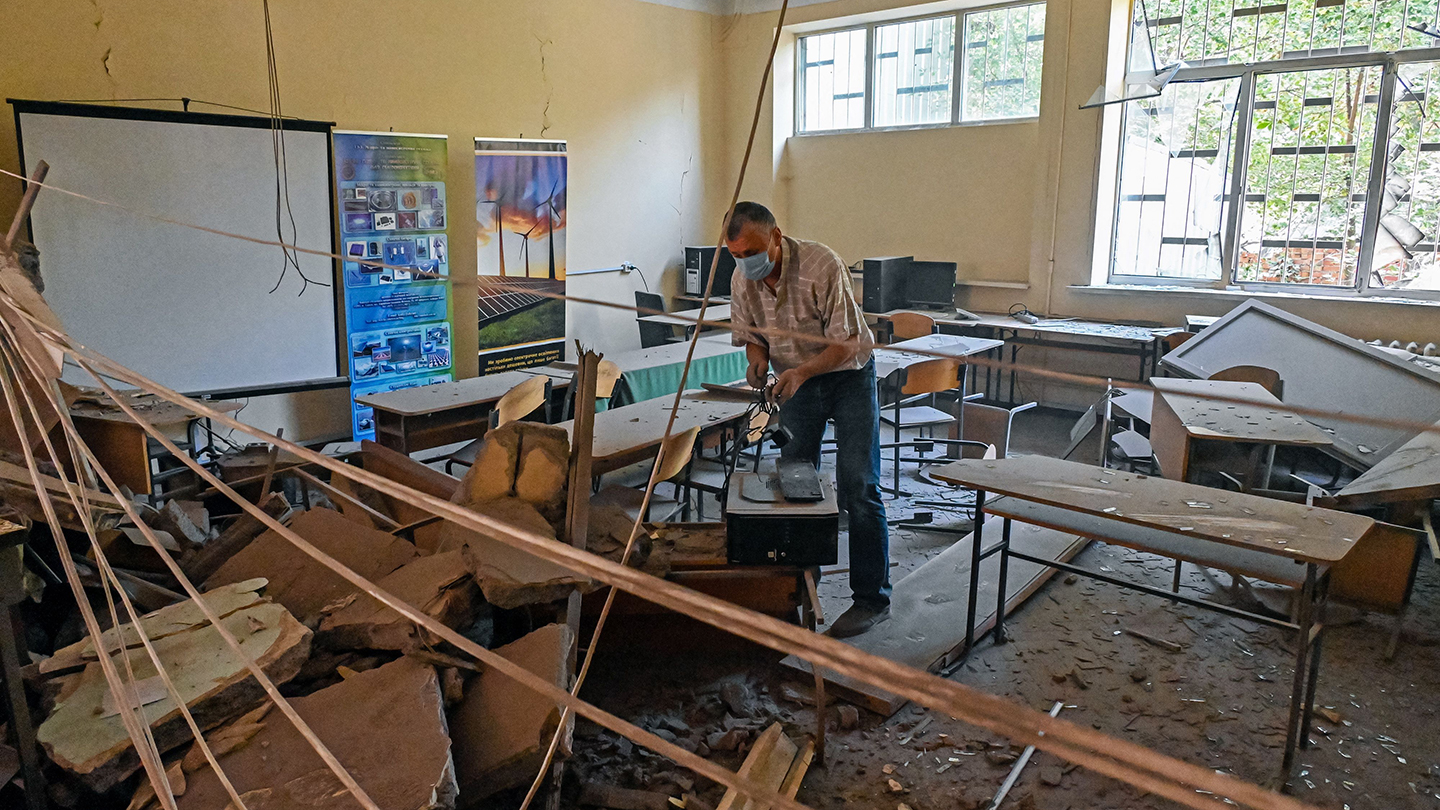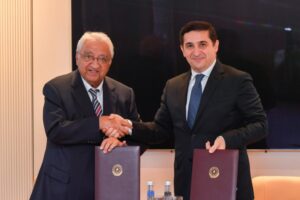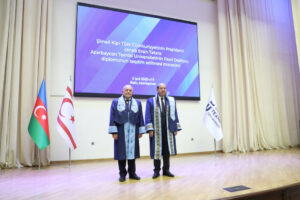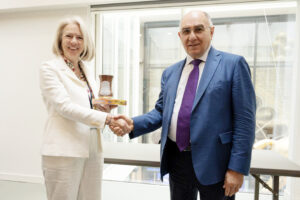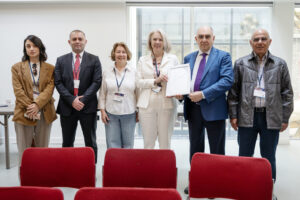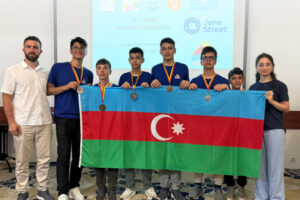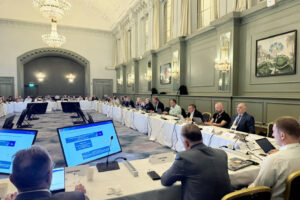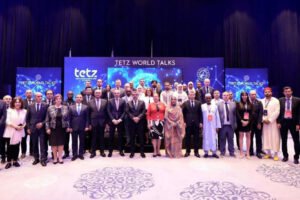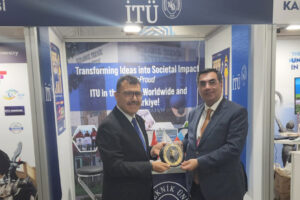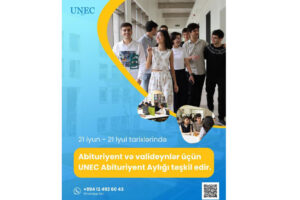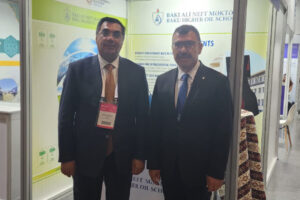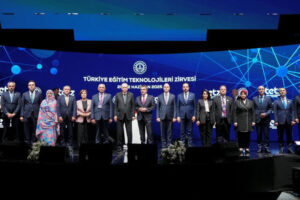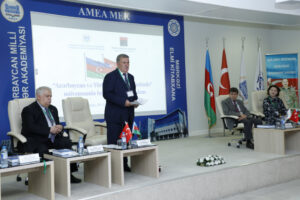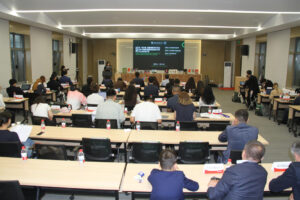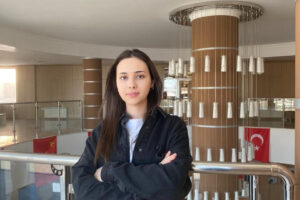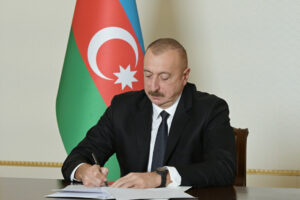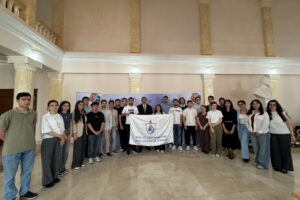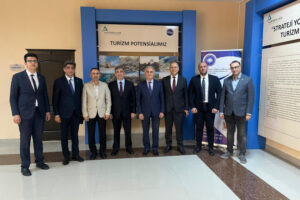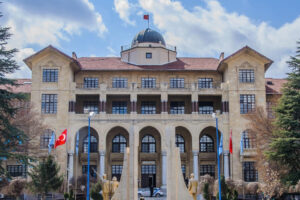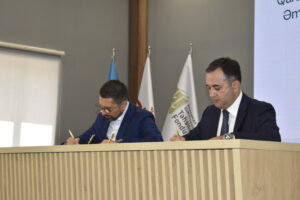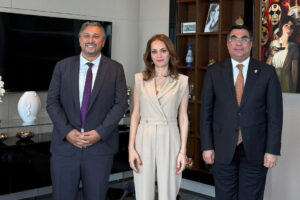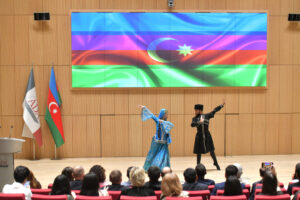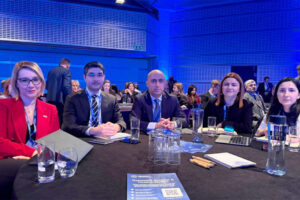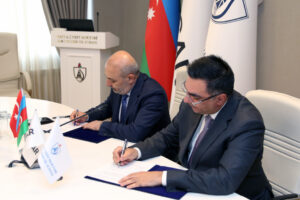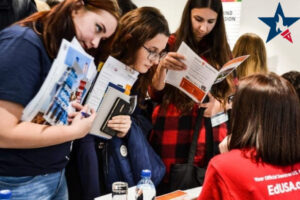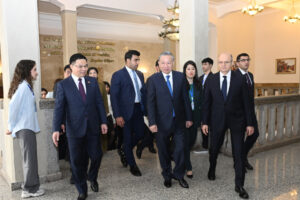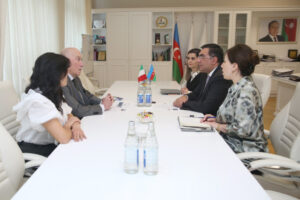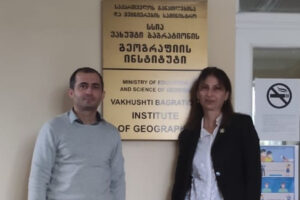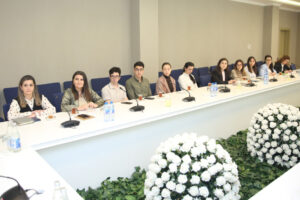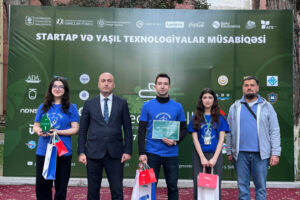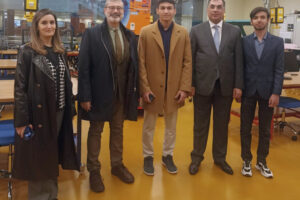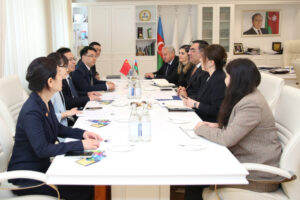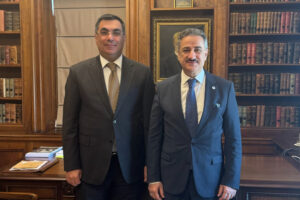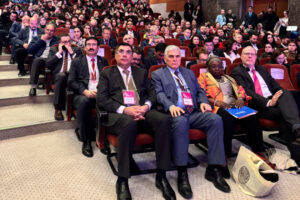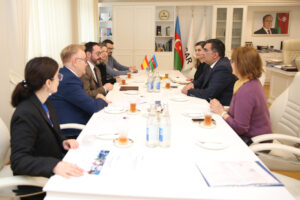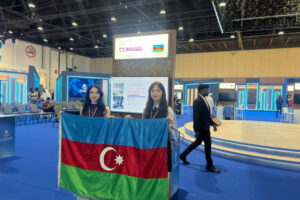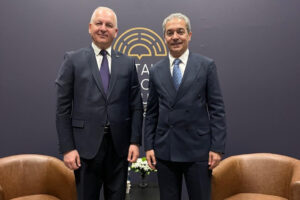Tokyo, 17 December, /AJMEDIA/
Russia’s invasion of Ukraine in late February horrified the world. Images of civilians fleeing their homes, broken bodies strewn across city streets, smoldering apartment complexes and mass graves have permeated the news and social media platforms ever since. This war has killed tens of thousands of people and displaced 14 million more.
Wars aren’t fought in a vacuum. The ripple effects of the war in Ukraine, from skyrocketing energy and food costs to environmental damage and the threat of nuclear disaster (SN: 7/2/22, p. 6; SN Online: 3/7/22), have been felt around the globe — especially amid two other crises, the ongoing coronavirus pandemic and climate change.
“A convergence of all these crises at the same time is very, very dangerous for the world,” Tedros Adhanom Ghebreyesus, director-general of the World Health Organization, said in May.
We often look to science for solutions to the world’s problems. But this tectonic shift in the geopolitical landscape has upended global science collaboration, leaving many researchers scrambling to find solid footing. While the outcome of this change — like the outcome of the war itself — is uncertain, here are some examples of how the conflict has affected scientists and their research.
Science in a war zone
Ukraine’s infrastructure has sustained massive damage since the invasion began. Hospitals, universities and research institutions have not been spared.
Some scientists have sought refuge in other countries while roughly half remain in Ukraine, with male researchers between the ages of 18 and 60 expected to serve in the military, says George Gamota, a U.S.-based physicist who advises the National Academy of Sciences of Ukraine. Gamota was born in Ukraine and moved to the United States as a child. He maintains close ties with his country of birth. When Ukraine became an independent country in 1991 after the fall of the Soviet Union, he helped advise Ukraine as it built its scientific infrastructure.
“When Russia attacked Ukraine, all hell broke loose. This situation really has not stabilized,” Gamota says.
Research funding in Ukraine has declined by 50 percent, he says. Scientific bodies across the globe have stepped up to offer aid through grants, job opportunities and resettlement programs. But monetary support, whether it’s from Ukraine’s government or independent organizations, still takes too long to reach scientists’ pockets, Gamota says. “Some are not getting anything.”
The National Academy of Sciences of Ukraine is already looking ahead to how to rebuild. In September, the organization met with its counterparts in Europe and the United States. Latvia, Poland and other places described how they restructured after the end of the Soviet Union, Gamota says. “It was an exercise that I think is important to have. But probably what the Ukrainians were looking for is how can the world help us right now.”
In March, the Breakthrough Prize Foundation donated $1 million to directly support Ukrainian researchers. The organization donated an additional $2 million in October for rebuilding efforts, a move that Gamota calls “fantastic.”
Slowdowns for physics and space
While science in Ukraine has struggled as the war drags on, Russian science has become more and more isolated. Sanctions from Western countries have directly and indirectly targeted Russia’s scientific enterprise.
In June, the White House Office of Science and Technology Policy announced that the United States will “wind down” collaborations with Russia, following an earlier ban on exports of U.S. technology there. The policy applies to national labs, as well as projects that receive federal funding and involve Russian government–affiliated universities and research institutions. Many research organizations in the West have also cut ties with collaborators in Russia.
These steps have particularly affected some large-scale collaborations in space and physics research.
There have been mission delays and the temporary shutdown of at least one space telescope (SN: 3/26/22, p. 6). The International Space Station, which is run jointly by NASA and the Russian space agency Roscosmos, however, continues to operate normally for now.
In the world of high-energy physics research, the CERN particle physics lab near Geneva announced that it will not be renewing its international cooperation agreements with Russia and Belarus, which is aiding Russia’s invasion, when the contracts expire in 2024.
When that happens, the roughly 8 percent of CERN staff affiliated with Russian institutions, equaling about 1,000 researchers, will be unable to use CERN facilities. And Russia will stop contributing resources to experiments.
These measures strongly condemn the invasion “while leaving the door ajar for continued scientific collaboration should conditions allow in the future,” CERN Director-General Fabiola Gianotti wrote in a memo to staff about the decision. Until 2024, Russian and Belarusian scientists can continue working on current collaborations, such as ATLAS — one of the detectors that spotted the Higgs boson in 2012 and is part of ongoing searches for theoretical particles, including dark matter (SN: 7/2/22, p. 18). But new efforts are prohibited.

